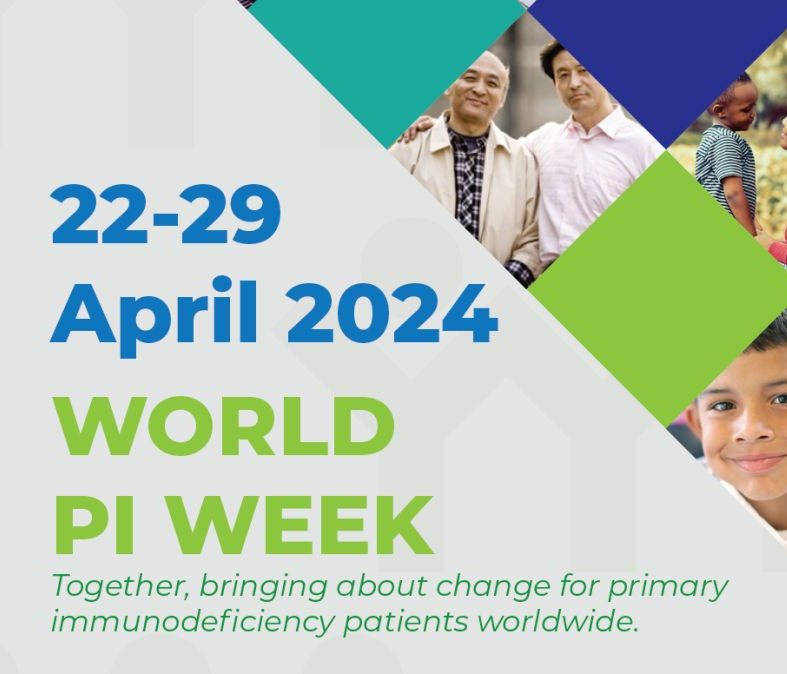PI Week is observed every year from April 22 to April 29. It is a global initiative that aims to increase awareness and improve the early diagnosis and treatment of primary immunodeficiencies (PI). Did you know that PI is not a single disease? Yes, primary immunodeficiencies are a group of more than 400 rare, chronic disorders in which part of the body’s immune system is missing or malfunctioning. A lot of people suffer from PI every year worldwide, and many lose their lives or their loved ones’ lives to this disease too.
HISTORY OF PI WEEK
PI Week was founded to help raise awareness about primary immunodeficiencies and improve the lives of patients suffering from them. Primary immunodeficiencies are usually caused by hereditary genetic defects and can affect anyone. It means that regardless of age, gender, ethnicity, and environment, you can be affected by PI. All the different PIs share one common feature: disruption of the body’s immune system. PI weakens the immune system and increases the body’s susceptibility to infection. The infections may be in the skin, sinuses, throat, ears, lungs, brain, spinal cord, urinary tract, or intestinal tract. Symptoms of PI include frequent pneumonia, inflammation, blood disorders, digestive problems, delayed growth and development, and autoimmune disorders.
Living with PI is difficult for patients with PI as they commonly also have recurring infections that won’t go away or unusually severe infections. According to health experts, over six million people across the globe suffer from PI, and 70% to 90% of those with PI are still undiagnosed. Therefore, early diagnosis is crucial because it contributes significantly to improving the quality of life and care for people suffering from PI.
The first step in diagnosing PI is usually blood testing, where doctors can evaluate the patient’s immune system through additional tests, physical examinations, and reviews of the medical and family histories of the patient. As far as the treatment goes, immunoglobulin therapies are essential, life-long treatments for the majority of people with primary immunodeficiency.


